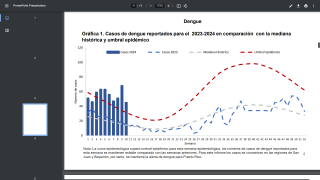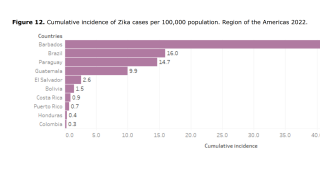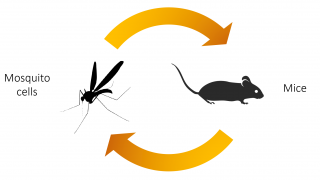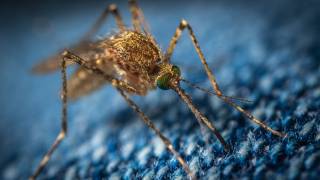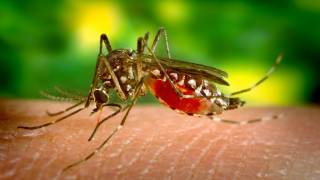DEET is Safe for Moms to Fight Off Zika

The Centers of Disease and Control (CDC) have stated that the exposure to the Zika virus during pregnancy can cause birth defects, which may include abnormally small heads and brains.
Because of this concern, health officials are recommending expectant mothers protect themselves from mosquito bites by using products containing DEET.
DEET is the most common active ingredient in insect repellents. It is a slightly yellow oil intended to be applied to the skin or to clothing, and provides protection against mosquitoes, ticks, fleas, chiggers, leeches, and many biting insects.
Every year, an estimated one-third of the U.S. population use DEET to protect from mosquito-borne illnesses like West Nile Virus, the Zika virus or malaria and tick-borne illnesses like Lyme disease and Rocky Mountain spotted fever.
But some future mothers worry that the DEET repellents themselves might pose a health threat to an unborn child.
The authors of a new research review say DEET is “good-to-go.”
"Given what we know about both Zika and DEET, the evidence overwhelmingly favors the use of DEET-containing products," said Dr. Blair Wylie, from Harvard Medical School.
Dr. Wylie’s research team noted that a 1998 Environmental Protection Agency review determined that DEET posed no health risk to users. The EPA reaffirmed that finding in 2014.
"An infection during pregnancy with Zika can put babies at risk for death, birth defects including brain problems, poor growth, and hearing or eyesight loss," Wylie said. "Insect repellents are key to prevention."
The insecticide DEET has been used since the 1950s and is available in more than 200 products. These repellents are "considered safe with few side effects if used properly," added Wylie, lead author of the new study.
These measures generally include covering arms and legs, using window screens and avoiding geographic areas where Zika is prevalent.
Products containing DEET currently are available to the public in a variety of liquids, lotions, sprays, and impregnated materials (e.g., towelettes, roll on). Formulations registered for direct application to human skin contain from 5 to 99% DEET. Except for a few veterinary uses, DEET is registered for use by consumers, and it is not used on food.
The majority of Zika infections in America are linked to patient exposure during travel outside the mainland 48 states. Approximately 30 cases of Zika have been transmitted sexually.
Our Trust Standards: Medical Advisory Committee

